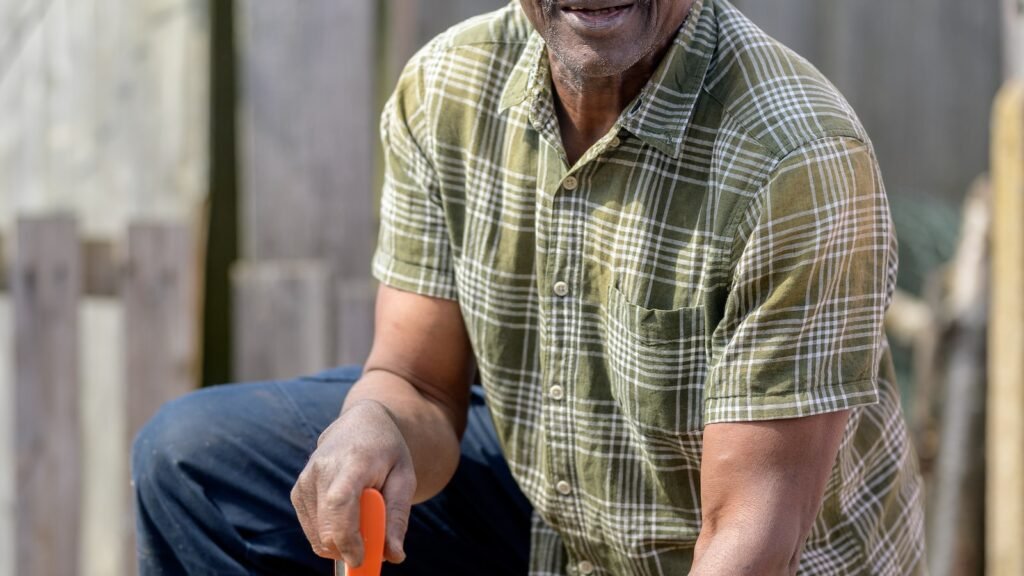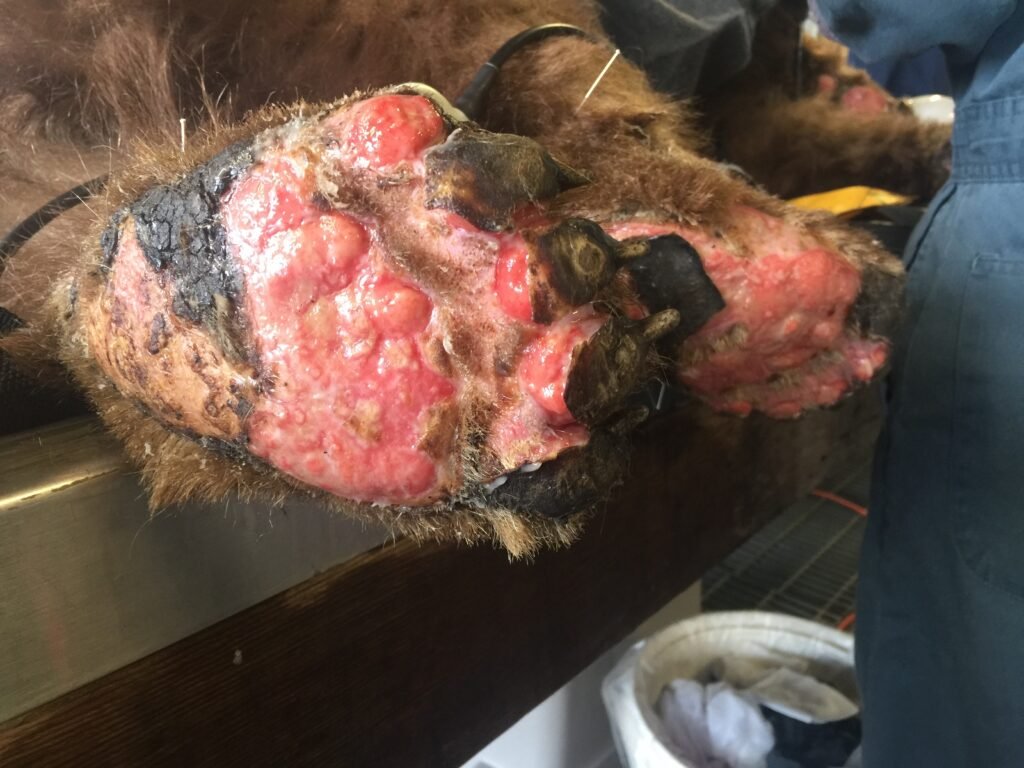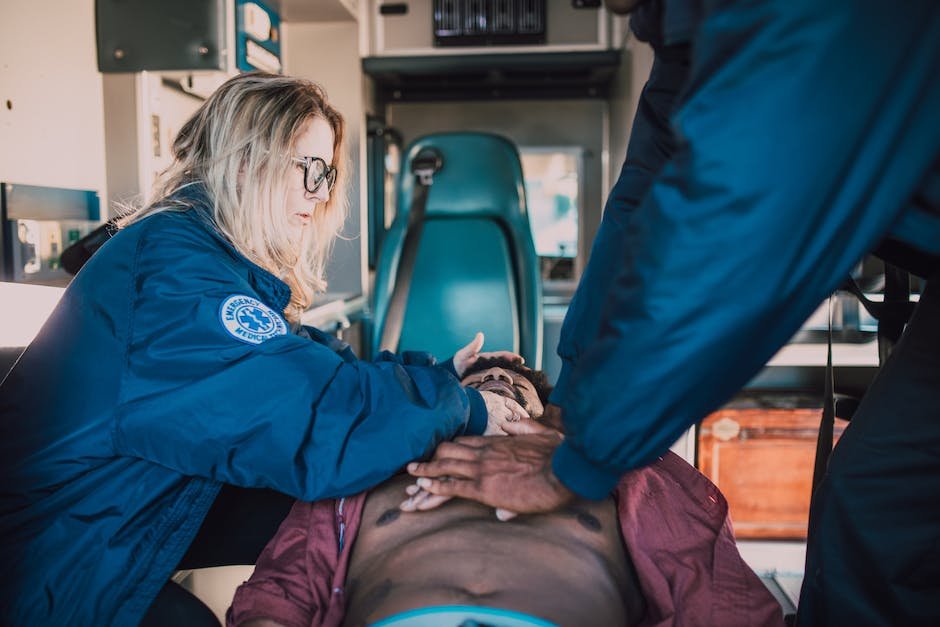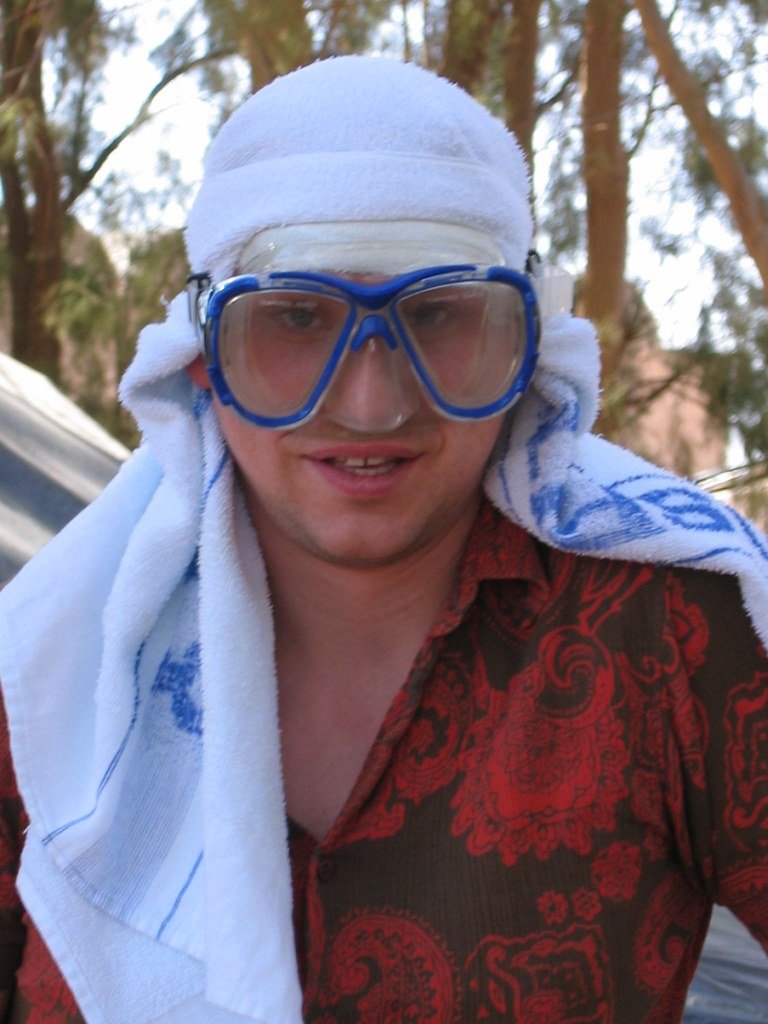Now Reading: How to Treat Eye Injuries in Survival Scenarios
-
01
How to Treat Eye Injuries in Survival Scenarios
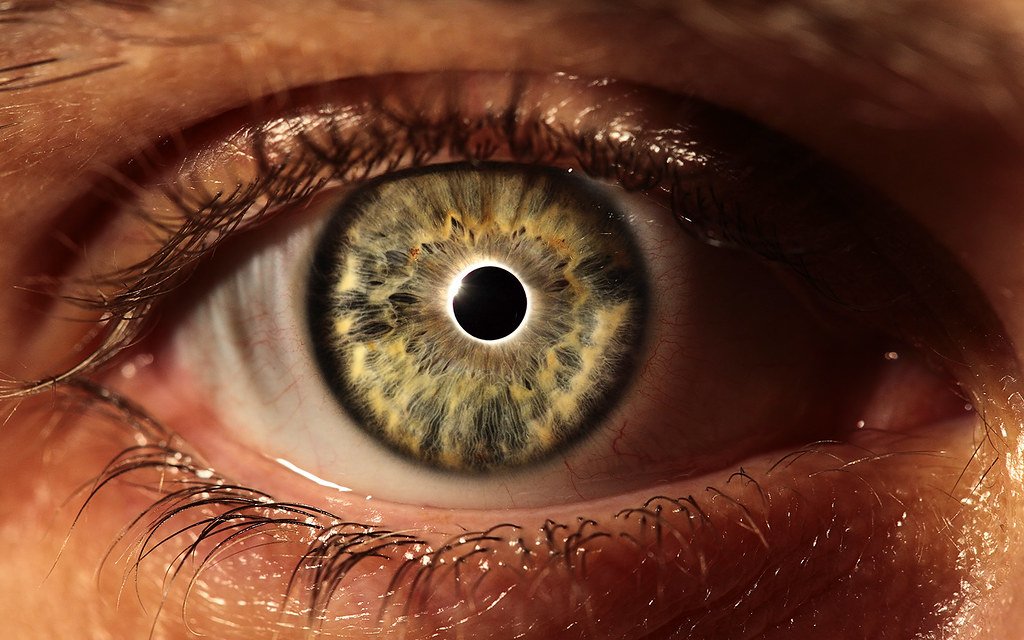
How to Treat Eye Injuries in Survival Scenarios
In the harsh and unpredictable wilderness, our eyes are our ultimate allies, allowing us to navigate through the treacherous terrains and witness the beauty of nature. However, even the most intrepid explorers may find themselves facing unexpected dangers that threaten their vision. Whether it be a wayward branch, a splash of chemicals, or a stray projectile, eye injuries can occur in the blink of an eye, and knowing how to treat them can mean the difference between sight and darkness. In this article, we delve into the world of survival scenarios and unveil essential tips and techniques on how to effectively treat eye injuries, ensuring that your vision remains intact in the face of adversity. So, let us embark on this illuminating journey, wherein knowledge becomes the guiding light that safeguards our most precious sense – our sight.
Table of Contents
- Assessing the Severity of Eye Injuries
- Using Improvised First Aid Techniques for Eye Injuries
- Preventing Infection and Further Damage in Survival Situations
- Addressing Eye Irritation and Foreign Object Removal in the Wild
- Seeking Professional Medical Help for Severe Eye Injuries
- Q&A
- Wrapping Up

Assessing the Severity of Eye Injuries
When it comes to eye injuries, proper assessment is crucial to determine the severity of the condition and provide appropriate care. Here are some factors to consider while evaluating eye injuries:
- Vision Loss: Assess the level of vision impairment. Is it partial or complete loss? Does the patient experience blurry vision or distorted images?
- Pain and Sensitivity: Determine the extent of pain or discomfort the individual is experiencing. It may be accompanied by sensitivity to light or excessive tearing.
- Eye Redness and Swelling: Observe the appearance of the injured eye. Note any redness, swelling, or discharge, as this can indicate inflammation or infection.
- Foreign Objects: Check for the presence of any foreign objects in the eye that may require specialized removal or further examination.
- Eye Movement: Assess the patient’s ability to move their eyes in all directions without restriction or pain. Restricted movement may suggest more severe trauma.
- Bleeding: Identify if there is any bleeding within or around the eye, as this could indicate more serious damage to internal structures.
Remember to handle eye injuries with care and seek immediate medical attention for potentially severe cases. Accurate assessment is key for prompt and effective treatment.
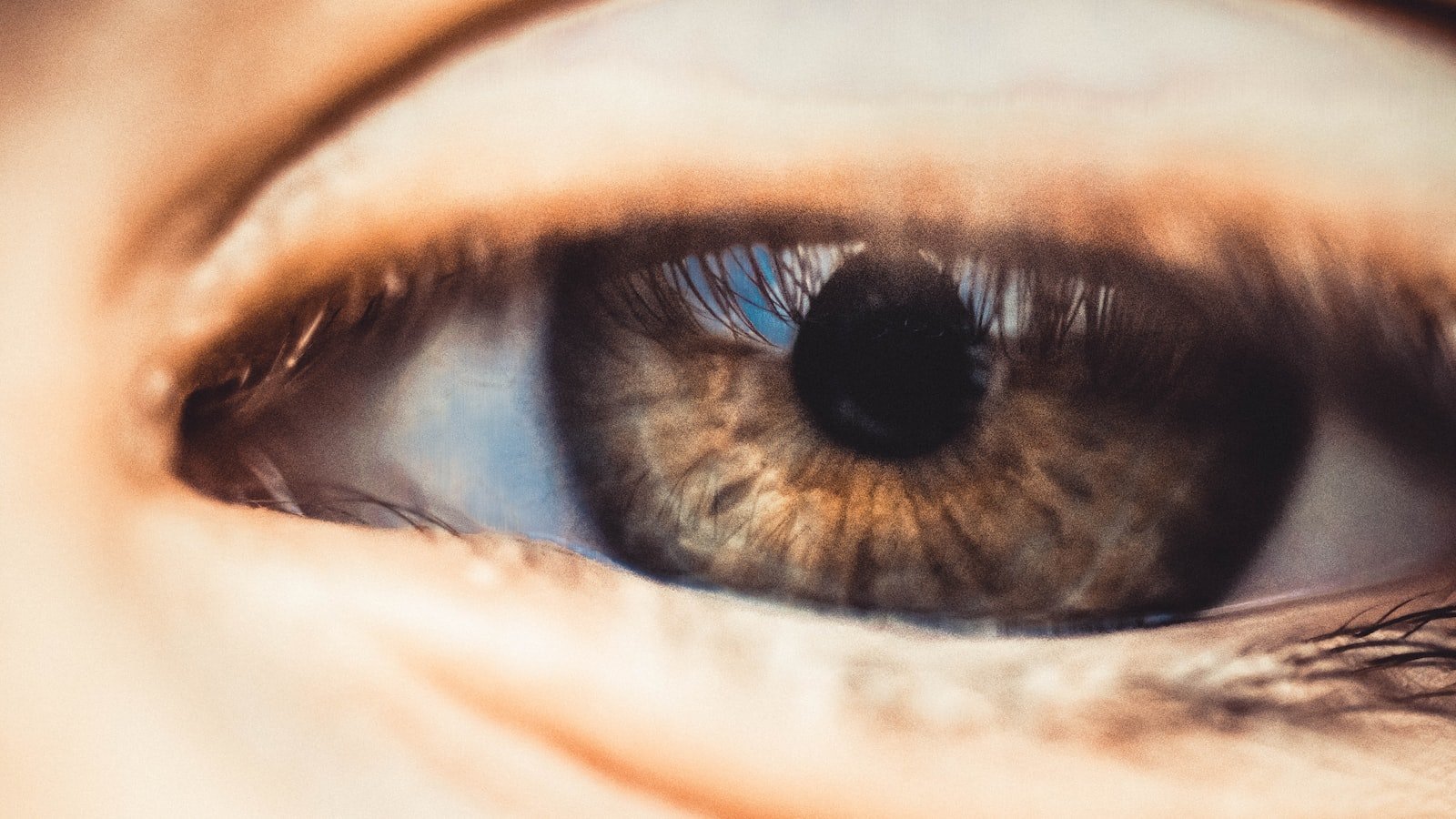
Using Improvised First Aid Techniques for Eye Injuries
When it comes to eye injuries, taking immediate action can make a significant difference in preventing further damage. While it’s crucial to seek professional medical help as soon as possible, there are some improvised first aid techniques that you can apply to minimize the potential harm.
Here are a few practical steps to consider:
- Protect: First and foremost, ensure the safety of the injured person by preventing any further exposure to harmful substances or objects. Remove them from the source of injury and help them find a comfortable seated position.
- Rinse: If there is any foreign object or chemical irritant in the eye, it’s essential to flush it out gently. Use cool, clean water to rinse the affected eye, tilting the person’s head to the side to avoid contaminating the unaffected eye.
- Don’t Rub: Although it may be instinctive, try to discourage rubbing or touching the injured eye as it may worsen the damage. Encourage the person to keep their eye closed to reduce discomfort and prevent further harm.
- Cover: Shielding the injured eye can provide temporary relief and protection. Use a clean, sterile gauze pad or a soft, moistened cloth to cover the eye gently without applying pressure. Secure it lightly with a bandage or a piece of clean fabric to keep it in place.
Remember, these improvised techniques are not meant to replace professional medical care but can assist in stabilizing the situation prior to receiving proper treatment. Always encourage the injured person to consult a medical professional, even if the symptoms seem minor, as prompt medical attention is crucial to prevent potential complications.

Preventing Infection and Further Damage in Survival Situations
When faced with a survival situation, it is crucial to prioritize your physical well-being, and that includes preventing infection and further damage to your body. In such circumstances, access to medical facilities and professionals may be limited, if not completely unavailable. Therefore, taking immediate action and following some simple guidelines can make a significant difference in your overall health and chances of survival.
Here are some essential tips to prevent infection and further damage:
- Clean and dress wounds: Whenever you sustain a cut, scrape, or any other type of injury, it is important to clean it with clean water and disinfect it with antiseptics if available. Cover the wound with a sterile bandage to protect it from dirt and bacteria.
- Stay hydrated: Maintaining proper hydration is vital in preventing infection and promoting faster healing. Make sure to find a reliable water source and drink enough fluids throughout the day. Remember, water is your best friend in a survival situation.
- Avoid contaminated food: Food that has been improperly stored or contaminated can lead to severe gastrointestinal infections. Take caution when foraging for food in the wild and ensure proper cooking or purification methods before consuming it.
- Protect yourself from wildlife: While some encounters with wildlife can be harmless, others may pose a threat to your well-being. Be proactive in preventing insect bites or venomous snake bites by wearing protective clothing, using insect repellents, and practicing caution when exploring unfamiliar territories.
- Take care of personal hygiene: Although personal hygiene may seem like a luxury in a survival situation, it significantly contributes to preventing infection. Regularly wash your hands with clean water and soap or use hand sanitizers. Keep your body and clothing as clean as possible to avoid bacteria buildup.
Remember, in survival situations, your health and well-being are of utmost importance. By following these preventive measures and being attentive to your surroundings, you will increase your chances of remaining strong and healthy, ultimately improving your overall survival prospects.

Addressing Eye Irritation and Foreign Object Removal in the Wild
Eye irritation and foreign object removal can be common occurrences, especially when exploring the great outdoors. These issues can cause discomfort and potentially lead to more serious complications if not addressed promptly and correctly. However, with some basic knowledge and a few simple techniques, you can effectively handle these situations and ensure the safety of your eyes.
First and foremost, it is crucial to remain calm when dealing with eye irritation or the presence of a foreign object. Panicking can worsen the situation and potentially cause more harm to your eyes. Assess the situation by carefully examining your eye in a well-lit area. To do this:
- Wash your hands thoroughly before touching your eye to prevent introducing any bacteria.
- Using clean water or saline solution, gently flush the eye to help remove any particles or irritants that may be causing the discomfort. Avoid using excessive force which may cause further damage.
- If a foreign object is visible on the surface of the eye, don’t attempt to remove it with your fingers or any sharp object. Instead, try to irrigate the eye or blink rapidly to naturally flush out the object.
If the foreign object persists and cannot be easily removed, it is advisable to seek medical attention from a professional eye care provider or visit the nearest healthcare facility. They will have the expertise and specialized tools to safely remove the foreign object without causing any harm.
Seeking Professional Medical Help for Severe Eye Injuries
When it comes to severe eye injuries, it’s crucial to seek professional medical help immediately to ensure proper treatment and prevent further complications. Trying to self-diagnose or treat such injuries can be not only ineffective but potentially dangerous. Trained medical professionals have the expertise and resources necessary to accurately assess the severity of the injury and provide appropriate care.
Here are a few reasons why seeking professional medical help is essential:
- Accurate Diagnosis: Medical professionals have the necessary knowledge and tools to accurately diagnose the extent of the eye injury. They can differentiate between minor surface abrasions, corneal infections, or more severe damages that may require immediate intervention.
- Specialized Treatment: Only medical professionals have access to specialized treatments and medications that can aid in the recovery process. They can provide the appropriate medications, eye drops, or surgical procedures needed to treat the injury and promote healing.
- Prevention of Complications: Severe eye injuries can lead to various complications if not treated promptly and properly. These may include vision loss, infections, and long-term damage to the eye. By seeking professional help, you can minimize the risk of such complications and maximize the chances of a successful recovery.
Remember, your eyes are precious and delicate organs. They deserve the utmost care, especially in cases of severe injuries. Therefore, don’t hesitate to reach out for professional medical assistance whenever faced with such a situation. Your eye health and overall well-being depend on it!
Q&A
Q: What are common eye injuries that can occur in survival scenarios?
A: Common eye injuries include foreign objects in the eye, cuts or lacerations, burns, and damage caused by exposure to chemicals or intense light.
Q: How should I handle a foreign object in my eye?
A: If you have a foreign object in your eye, avoid rubbing it as this may cause further damage. Instead, try to flush it out gently with water or a sterile saline solution.
Q: What should I do if my eye gets cut or lacerated?
A: If your eye is cut or lacerated, cover it gently with a clean, sterile cloth. Avoid rinsing the eye to reduce the risk of infection and seek immediate medical attention.
Q: How can I treat a burn in my eye?
A: If you have a burn in your eye, rinse it gently with cool water for at least 15 minutes. Avoid applying any creams or ointments, and seek medical assistance as soon as possible.
Q: What steps should I take if my eyes are exposed to chemicals?
A: If chemicals come into contact with your eyes, immediately rinse them with water for at least 20 minutes. Keep your eyes open during the rinsing process and seek medical aid immediately afterwards.
Q: What can I do if my eyes are damaged by intense light or radiation?
A: If your eyes are damaged by intense light or radiation, it is crucial to protect them from further exposure. Keep your eyes covered and seek professional medical assistance as soon as possible.
Q: How can I prevent eye injuries in survival situations?
A: To prevent eye injuries, always wear suitable eye protection such as goggles when working with tools or in hazardous environments. Additionally, be cautious while handling sharp objects and avoid looking directly at intense light sources.
Wrapping Up
As we conclude this comprehensive guide on treating eye injuries in survival scenarios, we hope that you have gained valuable insights into safeguarding one of our most precious senses. Remember, life’s unexpected twists and turns can test our resilience, and it is essential to be prepared for anything that comes our way.
In the wild, eye injuries can be especially harrowing, but armed with the knowledge we have shared, you are now equipped to face such challenges head-on. Whether it’s a scratch, foreign object, or even a more severe trauma, your confidence should be unshakable.
Always remember to approach any eye injury with caution and empathy. Practicing good hygiene, administering proper first aid techniques, and seeking professional help if necessary, are the key ingredients for successful treatment. Trust your instincts, stay calm, and prioritize the well-being of the injured individual.
Our eyes connect us with the world, allowing us to drink in the beauty of nature and experience life’s wonders. While survival scenarios may test us, they also showcase the strength of the human spirit. So, embrace the unforgiving landscapes, the untamed wilderness, and the trials that come your way. In each moment, cherish your vision, and let it guide you towards the light.
As we part ways, remember to share this knowledge with others, ensuring that the wisdom of treating eye injuries in survival situations spreads far and wide. Together, we can build a community of resilience and preparedness.
Stay vigilant, stay safe, and may your eyes forever shine brightly, even amidst the darkest storms.
As an affiliate, my content may feature links to products I personally use and recommend. By taking action, like subscribing or making a purchase, you’ll be supporting my work and fueling my taco cravings at the same time. Win-win, right?
Want to read more? Check out our Affiliate Disclosure page.

